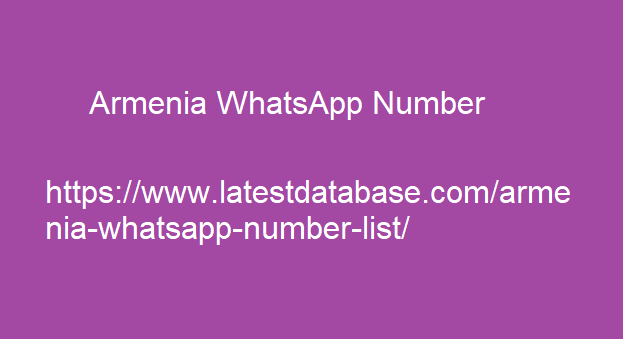|
|
本帖最後由 expatesima@gmai 於 2024-3-11 16:07 編輯
The main ones can be listed as follows: HTML: It is the standard file type that forms the main structure of web pages. PDF: Portable Document Format is a file type commonly used for distribution of documents. TXT: It is the simplest form of text files and contains only text. DOC and DOCX: These are the file types of Microsoft Word documents. PPT and PPTX: File types of Microsoft PowerPoint presentations. XLS and XLSX: File types of Microsoft Excel data table files. GIF: It is the most common form of animated image files and supports small-sized visual content. JPEG and PNG: Common file types of photos and visual content. Apart from these, if you want to see all the file formats supported by Google, you can review the first-hand article on File .
Types That Google Can Index . URL Structure We have mentioned the importance of URL structure regarding site structure and navigation experience in the Technical SEO Guide. Google itself recommends that your URL structures be simple so that Google can easily Armenia WhatsApp Number crawl your content. One of the examples given by the company is as follows: recommends that you include localized words in your URL. For example, if you have a product about biscuits on your site; You need to use a URL like. If you are targeting more than one country, using country-specific domain names on your websites will ensure that they are indexed correctly. For example, it would be useful to use the .

Extension for Türkiye. The points that Google warns users about the URL structure are as follows: You should not use long and unreadable identification numbers. You should not use non-ASCII characters. ASCII is a type of encoding that allows our mobile and desktop devices to exchange data with other devices. Do not use underscores. Instead of combining keywords, separate them with “-“. Paying attention to these issues when creating your URL structure will ensure that your content is indexed more easily. If you don't pay attention Sitemaps In the age of mobile-first indexing and AMP, does Google still need an XML sitemap to find your site's URLs? Actually, technically we cannot answer “yes” to this question.
|
|